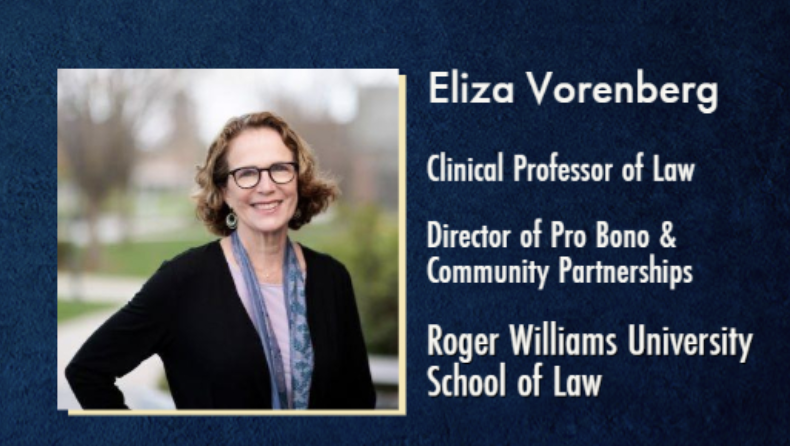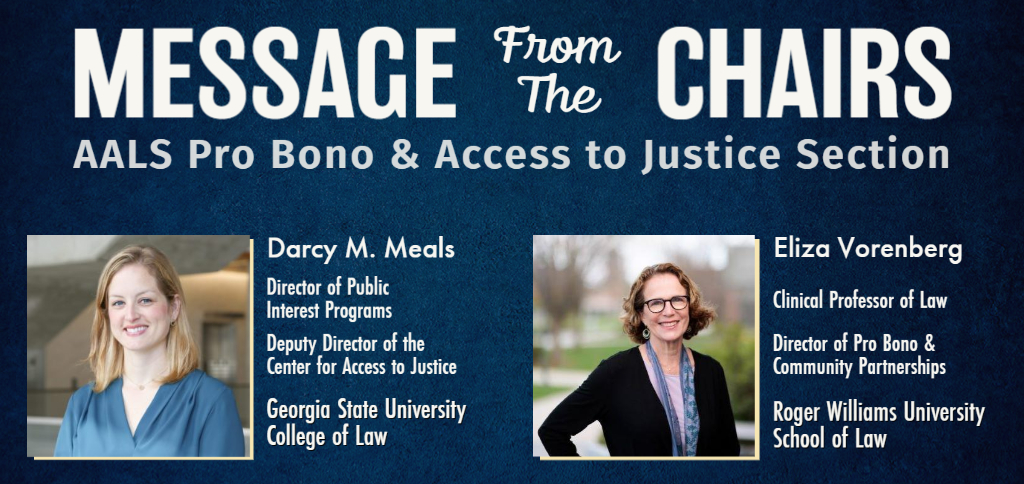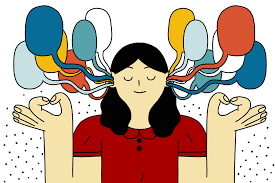
Knowing how busy we all are right now with the semester wrapping up and the winter holidays within our sights, I’ll keep this month’s newsletter short with some quick updates and a look forward to the Annual Meeting in January. Before I get to that, however, I want to leave you with some food (actually, a quote) for thought as we approach another election cycle. In 2009, the late great Deborah L. Rhode, said:
“A striking aspect of recent American political campaigns is the almost complete silence surrounding access to justice. Equally striking is the absence of concern about that silence. The inadequacy of basic medical services has generated endless debates. The inadequacy of legal services has passed virtually unnoticed.”
Deborah L. Rhode, Whatever Happened to Access to Justice, 42 Loy. L.A. L. Rev. 869 (2009). Available at: http://digitalcommons.lmu.edu/llr/vol42/iss4/2
What progress have we seen in the past 14 years? What work remains?
I have seen more Access to Justice Commissions created and put to work across the country, the Fee Legal Answers platform developed by the American Bar Association, the White House’s restoration of the Department of Justice’s access to justice function, and many law schools putting resources into public interest and pro bono legal experiences for law students.
But even with these good things, we cannot deny that the progress is not enough. Not when thousands upon thousands of low-income people are seeking civil justice among a dearth of resources. As law school educators and pro bono professionals, we must keep telling the story of the need for access to justice and must continually challenge ourselves and the next generation of legal professionals to continue to move the needle.
And now for updates and previews….
Sadly, this fall our executive board lost two wonderful members, Stephen Rispoli and Darcy McLean. Stephen Rispoli left his job at Baylor Law School to join Mayer LLP and specialize in jury testing and litigation management. My co-Chair, Darcy McLean, left Georgia State University College of Law in early October to oversee pro bono at Allston & Bird LLP. We will miss them both tremendously but know that they are doing critically important work at their new professional homes. We also know that the marks they’ve left on their law school pro bono communities and our Section are award-worthy because Stephen received the Access to Justice Award last year and Darcy will be receiving our Emerging Leader Award in January. Newsflash: Stephen and Darcy’s departure has left room on the Executive Board for new members so please consider getting involved!
This was a busy and productive fall for the Section. A few highlights:
- We had a terrific response to our Pro Bono Honor Roll initiative, with 87 law schools submitting Honor Roll members. Look for their names on the AALS website RIGHT HERE.
- In October, our Education Enrichment Program hosted Leah Goodridge, author of the groundbreaking article “Professionalism as a Racist Construct.” Leah’s presentation was excellent and left all of us thinking about how we can think critically about how we experience and teach professionalism.
- Our Community Conversations session on November 16 focused on the new ABA Standards 303. Participants tuned in the listen, learn, ask questions, and consider our role with these new standards as pro bono & ATJ professionals.
Looking ahead, we hope to see many of you at our AALS conference session in Washington, DC, scheduled for Friday, January 5 from 2-3:40 pm, entitled Gideon – 60 Years Later, Still Seeking Access to Criminal and Civil Justice. In this session, co-hosted by the Sections on Poverty Law, Clinical Law, and Criminal Law, panelists will explore the state of the right to counsel in criminal cases, whether and how that right ought to be extended to certain civil contexts, and what role right to counsel plays or ought to play in the broader access to justice movement. Please also consider joining us for our section awards ceremony Thursday, January 4 at noon, and for our service project at D.C. Central Kitchen Saturday, January 6 from 8am-11:40am, cosponsored by the Poverty Law section.
With so many atrocities in the world, I find that I feel best when I focus on my community of change-makers: YOU are part of that community. While we do not have the power to create world peace right this minute (oh, how I wish we did), we DO have the power to incrementally work towards a more just world, even if most of that work is in our small communities at home. Keep at it, all.
Eliza Vorenberg










